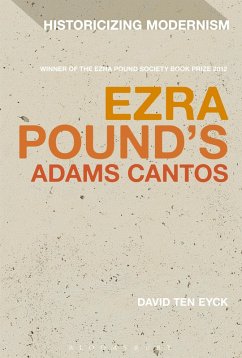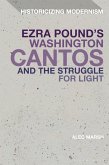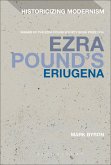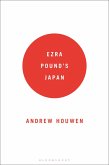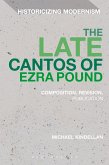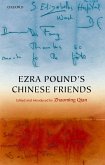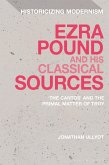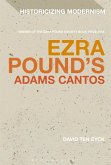Ezra Pound transformed his style of poetry when he wrote The Adams Cantos in the 1920s. But what caused him to rethink his earlier writing techniques? Grounded in archival material, this study explores the extent to which Pound's poetry changed in response to his reading of 17th-century American History and the social climate of the pre-war period.
Drawing on the Ezra Pound papers, David Ten Eyck documents the changes to Pound's documentary techniques, establishing a chronology of the composition of The Cantos. His close readings of specific passages, set against the interwar years, allow Ten Eyck to gain insights into Pound's 1930s political and social criticism. Through references to the annotated copy of The Works of John Adams, he explores Pound's engagement with Adams at the expense of Thomas Jefferson: a figure formally at the heart of his previous work. Ultimately, this contextual and archival study uses John Adams and America to unlock the fascist beliefs and the later poetry of Ezra Pound.
Drawing on the Ezra Pound papers, David Ten Eyck documents the changes to Pound's documentary techniques, establishing a chronology of the composition of The Cantos. His close readings of specific passages, set against the interwar years, allow Ten Eyck to gain insights into Pound's 1930s political and social criticism. Through references to the annotated copy of The Works of John Adams, he explores Pound's engagement with Adams at the expense of Thomas Jefferson: a figure formally at the heart of his previous work. Ultimately, this contextual and archival study uses John Adams and America to unlock the fascist beliefs and the later poetry of Ezra Pound.

